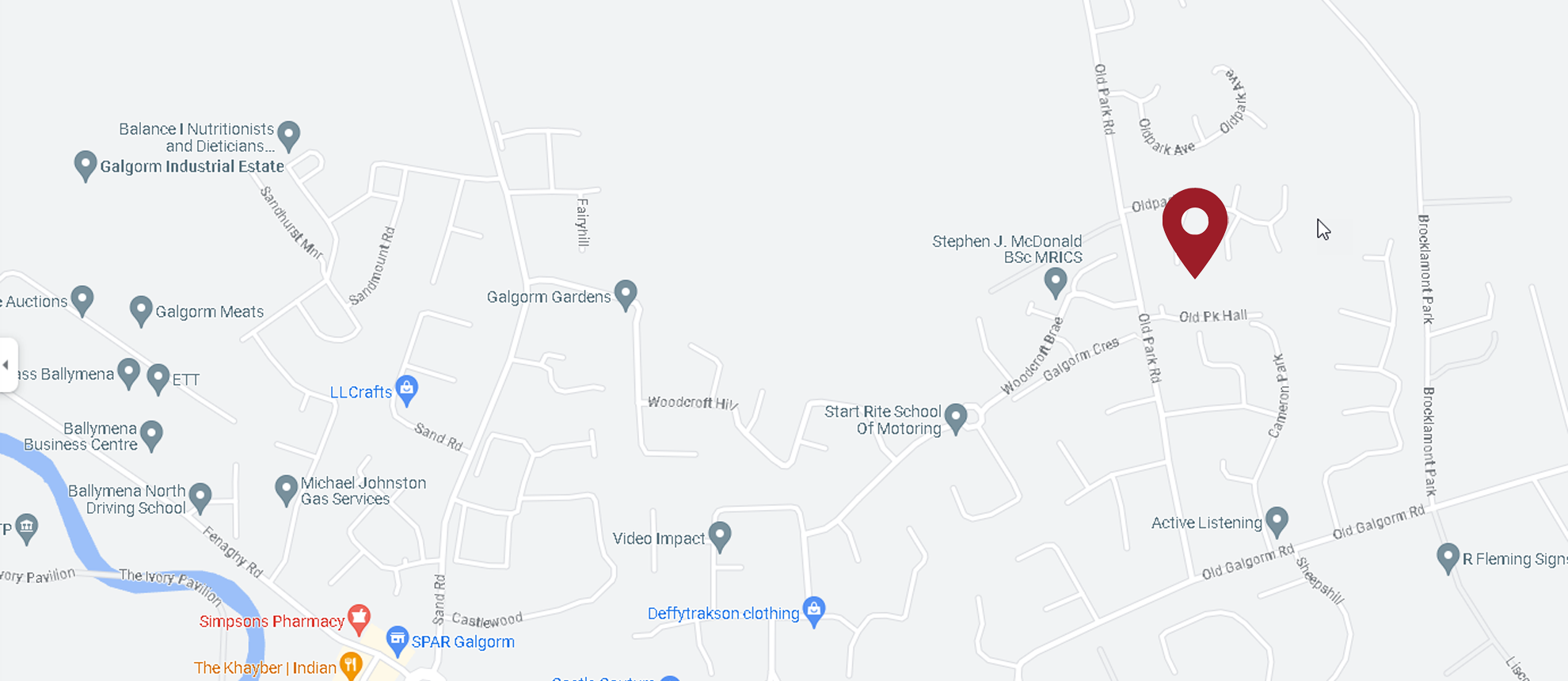ISA vs Pension: Where Should You Put Your Savings for Retirement?
Jul 14, 2025
So which is better for your retirement plan? The truth is: it depends on your goals, income, and when you want to access your money.
This guide compares ISAs vs pensions to help you decide where to save.
Quick overview
| Feature | ISA | Pension |
|---|---|---|
| Tax Relief on Contributions | No | Yes (20% to 45%) |
| Tax on Withdrawals | No | Yes (above 25%) |
| Access Age | Any time | 55 (rising to 57 in 2028) |
| Contribution Limits (2024/25) | £20,000 | £60,000 (or 100% of earnings, whichever is lower) |
| Impact on Benefits | No | Yes (can affect some benefits) |
| Inheritance Tax (IHT) | Part of estate | Often outside of estate |
What is a Pension?
A pension is a long-term retirement savings plan. You can have:
- A workplace pension (auto-enrolment)
- A Self-Invested Personal Pension (SIPP)
- A defined benefit (final salary) pension (more common in the public sector)
Pension Perks:
- Tax relief: For every £80 you pay in, the government tops it up to £100 (more if you’re a higher-rate taxpayer)
- Employer contributions: Free money if you’re in a workplace scheme
- Large annual allowance: Save up to £60,000/year (or more with carry-forward rules)
- Tax-free lump sum: You can take 25% of your pension pot tax-free from age 55 (57 from 2028)
Drawbacks:
- You can’t access your pension until your mid-50s
- Withdrawals beyond the 25% tax-free portion are taxable income
- Complex rules if you’re a higher earner or access your pension early
What is an ISA?
An Individual Savings Account (ISA) is a flexible, tax-free savings or investment wrapper. You can have:
- A Cash ISA
- A Stocks & Shares ISA
- A Lifetime ISA (LISA) – more on this below
ISA Perks:
- Totally tax-free: No income tax, no capital gains tax
- Flexible access: Withdraw at any time, for any reason
- Simplicity: No tax reporting needed on gains or income
Drawbacks:
- No tax relief on contributions
- Annual contribution limit of £20,000 (2024/25)
- If you spend it early, you may not have enough left for retirement
What About the Lifetime ISA?
If you’re aged 18–39, you can open a Lifetime ISA (LISA):
- Contribute up to £4,000/year
- Get a 25% government bonus (up to £1,000/year)
- Must be used for your first home or for retirement after age 60
It’s like a mini pension–ISA hybrid. Just don’t withdraw early for other reasons, or you’ll face a penalty.
ISA vs Pension: Which Is Better for Retirement?
Pensions may be better if:
- You want to maximise your retirement pot
- You’re a higher-rate taxpayer (more tax relief = faster growth)
- You’re getting employer contributions
- You won’t need the money before age 55–57
ISAs may be better if:
- You want flexibility and access before retirement
- You’re a basic-rate or non-taxpayer
- You’re worried about future pension rules changing
- You’ve maxed out your pension allowances
Strategy: Use Both
Many financial planners recommend using both ISAs and pensions:
- Save into your pension to get tax relief and employer contributions
- Use an ISA to give you flexibility before and during retirement
You could use your ISA to retire early (before 57) and then draw from your pension later.
Example: Tom and Sarah
Tom (40) earns £60,000 and pays into a workplace pension:
- Contributes £400/month
- Employer adds £200/month
- Gets £100/month tax relief
Total going into his pension: £700/month for a cost of just £400.
Sarah (40) is self-employed and prefers flexibility:
- Contributes £500/month to a Stocks & Shares ISA
- Grows tax-free and she can access it anytime
Tom benefits more from tax relief and employer contributions, but Sarah keeps total control and flexibility.
| Feature | ISA | Pension |
|---|---|---|
| Contributions | No tax relief | Tax relief (20% to 45%) |
| Withdrawals | Tax-free | 25% tax-free, rest taxed |
| Access Age | Any time | From 55 (57 from 2028) |
| Annual Allowance | £20,000 | £60,000 (subject to limits) |
| Best for | Flexibility, early access | Maximising retirement income |
Final Thoughts
There’s no one-size-fits-all answer. Pensions often deliver better long-term tax advantages, especially if you’re employed and getting contributions from your employer. But ISAs give you the freedom to access your money whenever you need it.
For most people, a balanced approach—using both tools together—is the best strategy.
You will incur a lifetime ISA government withdrawal charge (currently 25%) if you transfer the funds to a different ISA or withdraw the funds before age 60, and you may therefore get back less than you paid into a lifetime ISA. By saving in a lifetime ISA instead of enrolling in, or contributing to, an auto-enrolment pension scheme, occupational pension scheme, or personal pension scheme:
(i) you may lose the benefit of contributions from your employer (if any) to that scheme; and
(ii) your current and future entitlement to means-tested benefits (if any) may be affected.
The value of pensions and investments and the income they produce can fall as well as rise. You may get back less than you invested.
This is for illustrative purposes only and does not constitute as advice.

